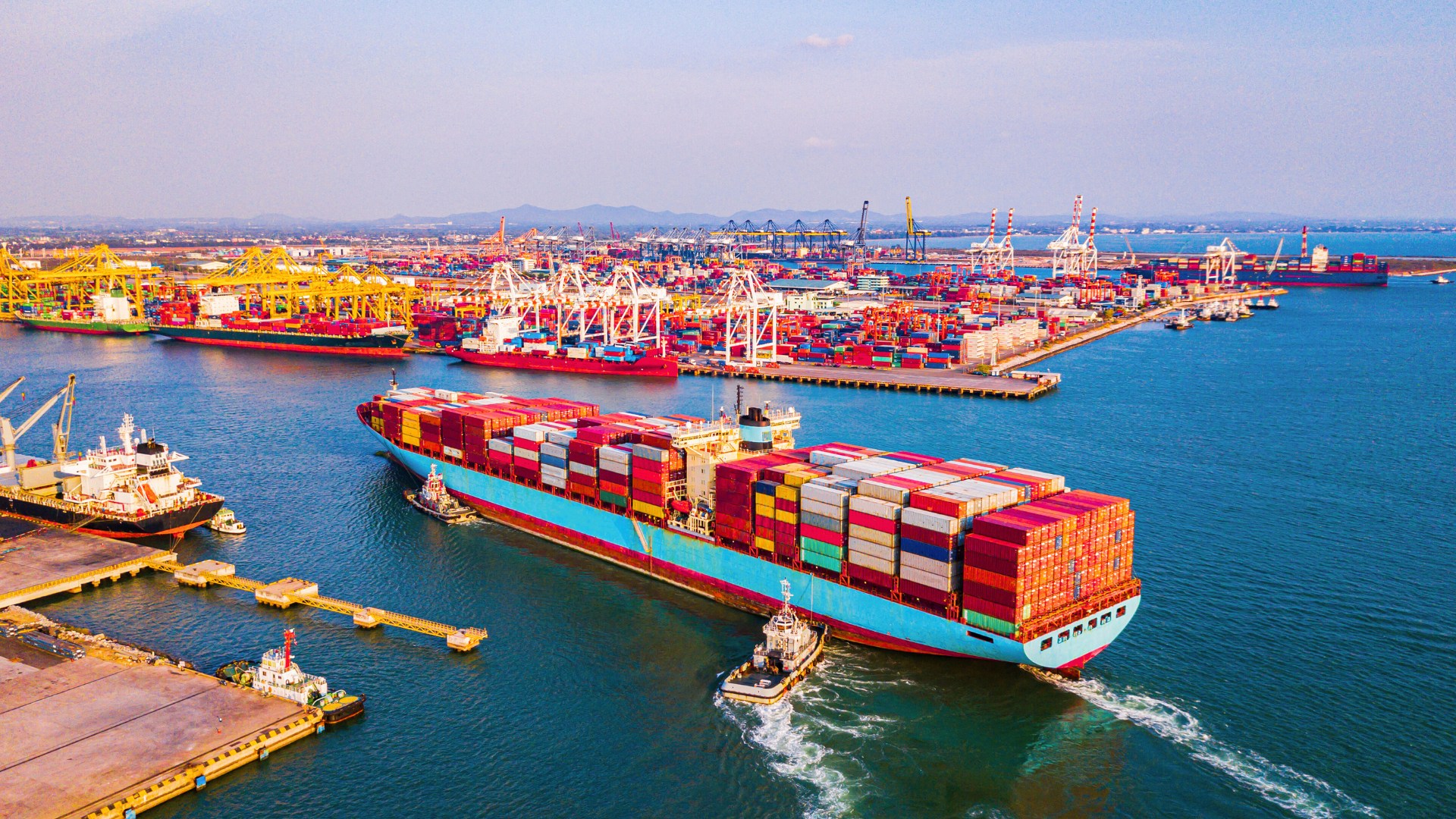The Chinese New Year is tomorrow, February 19th (or depending on what time zone from which you are reading today) . Most people know just how seriously the Chinese take their new year festivities. To the Chinese, the Lunar New Year is, perhaps, equivalent to Thanksgiving and Christmas combined. Almost everyone goes home for the holidays and for an entire week, there will be firecrackers and fireworks going off across China. Red packets containing money will be given out by adults to children and new year temporary markets will be set up to sell items such as decorations, fireworks, clothing, small arts, and food. Fish and dumplings will be served during the new year’s eve dinner and the whole country will be celebrating.
Impact on Chinese Manufacturing
However, the Chinese New Year, also called the Lunar New Year, has a major impact on Chinese manufacturing and business operations across the country. It will also affect any international firm counting on custom-manufactured components and finished goods manufactured in China. Hundreds of thousands of factories that make everything from toys to electronics such as televisions and mobile phones will shut down for days. This annual manufacturing stoppage in the world’s workshop is not a new phenomenon; however, it still sends ripples across the world each year.
The effects of the Chinese New Year will affect Chinese manufacturing for several weeks following the festivities tomorrow. The official government holiday should last for one week. However, some manufacturing companies shut down for up to two weeks. A high percentage of the manufacturing workforce in China is made up of migrant workers who come from the furthest reaches of the country. As millions of workers travel back home for the holiday, it gives rise to the largest human migration on the planet. Due to the large distances involved and the strained transportation network, it takes time for the manufacturing industry to get back to normal levels of production. Last year, for instance, more than three billion seats were sold on trains, planes, buses, and ferries.
Post New Year Effects
After the holiday, not all workers return to work. Some choose to stay home for various reasons, while others take the opportunity to look for better, higher paying jobs. In fact, immediately following the new year holiday, demand for new workers rises dramatically. It can take several weeks for factories to employ replacement workers, which further affects the manufacturing industry.
The Chinese New Year marks an opportunity for workers, especially skilled workers, to get more money. They do this by selling their services to the highest bidder. At the same time, suppliers of raw materials typically increase their prices after the holidays. Trucking and shipping service providers also raise their prices. All these factors combine to raise the cost of the finished products.
In summary, Chinese manufacturing suffers for various reasons after the Lunar New Year. Reasons include:
- Lack of workers
- Completion of orders is often unpredictable and delayed
- Replacement workers lack adequate training
- Higher cost of raw materials
- Poor quality products due to rush production
International firms that need custom-manufactured components and finished goods from China should, therefore, avoid placing orders too close to the holiday. Ideally, they should place orders early enough to have them shipped at least two weeks before the festivities start. Because of potential issues in manufacturing due to the Lunar New Year festivities, it is crucial for organizations considering exporting manufacturing to China collaborate with a proven industry leader that is familiar with the intricacies and patterns that stem from the Chinese New Year festival.
To see how ITI Manufacturing can help your manufacturing needs, and to help you navigate through the Lunar New Year contact them today and we wish everyone a Happy (Chinese) New Year!





